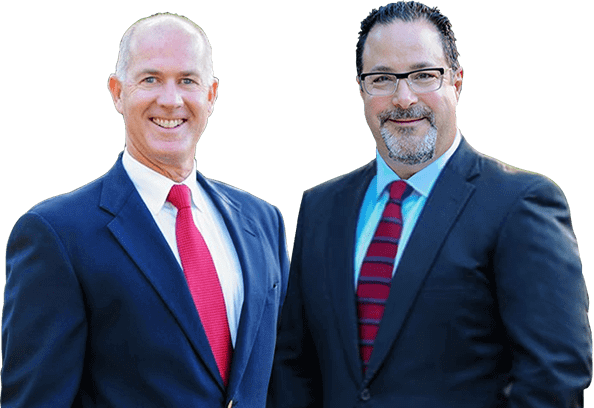Generally, Alabama is like most other states when it comes to workplace injuries. Under most circumstances, workers’ compensation benefits are your sole remedy when you get hurt on the job. You can’t sue your employer for more than workers’ comp is willing to give.
There’s no rule, however, saying that you can’t sue a third-party when that party’s negligence contributed to your accident.
When could you file a third-party claim?
It’s important to remember that workers’ compensation usually only provides some replacement wages and medical care for your work-related injuries. If you’re seriously hurt, that can fall very short of what you actually need to keep yourself and your family financially afloat.
Third-party claims arise when there is someone other than you, your employer or a co-worker who is at fault for your injuries. Consider the following examples:
- You’re hit by a drunk driver while operating a work vehicle. You’d have every reason to pursue a claim against the driver who hit you.
- You’re injured by chemicals that were supposedly safe. Fumes from certain chemicals can damage your eyes and lungs, and contact with your skin can lead to burns. If the maker of those chemicals failed to provide adequate warnings about their danger, they could be considered negligent.
- You got hurt because a contractor got sloppy. Your crew follows the safety protocols on the job site, but the contractors who sometimes come in aren’t always so diligent. If their negligence led to your injuries, you could have a claim against that company.
- You got injured by a piece of faulty machinery. Whether the machine broke because it was defective from the start or repairs weren’t done properly, you may have a claim against the manufacturer or the repair company (or both).
These aren’t the only possible examples, but they do give you an idea of when third-party claims are possible.
What should you do now?
Workers’ compensation claims and third-party lawsuits can be filed at the same time. They are two separate systems of recovery, however, and the intersection where they meet can be complicated. Working with an experienced advocate can help you overcome the challenges moving forward.

